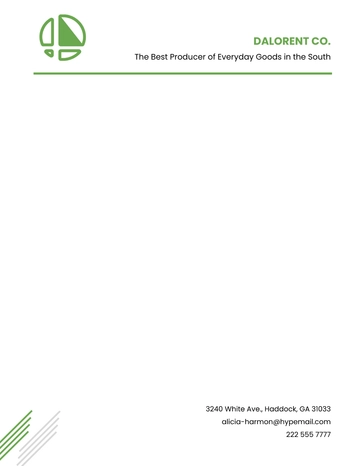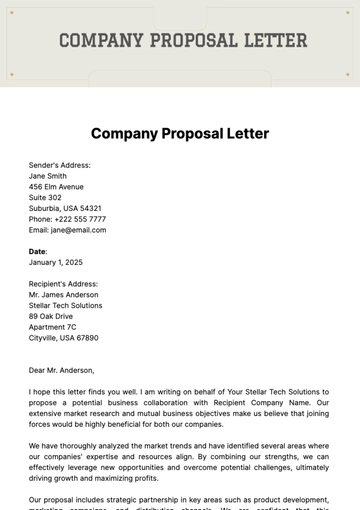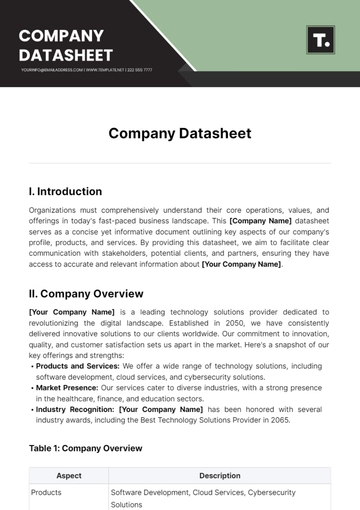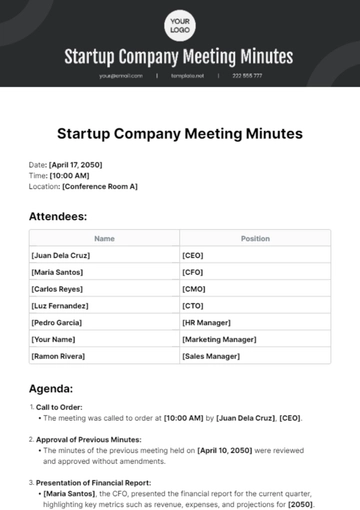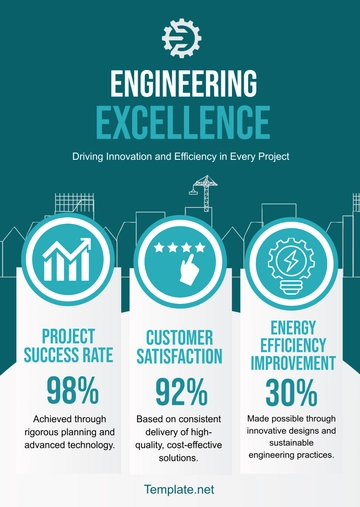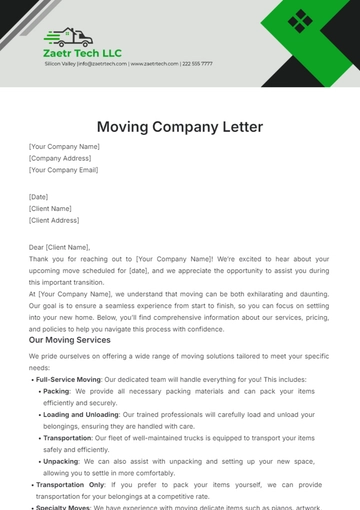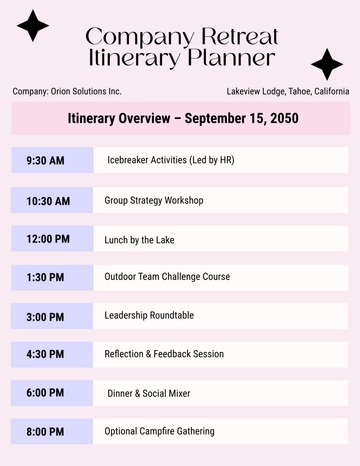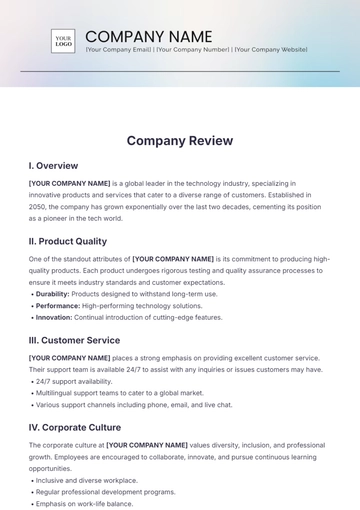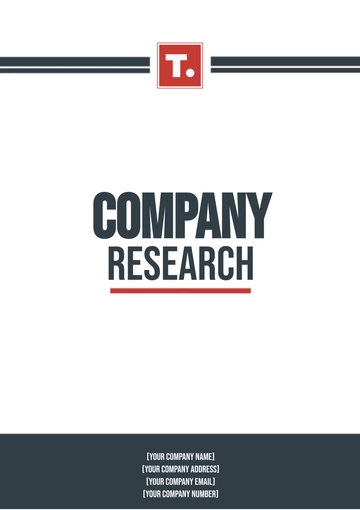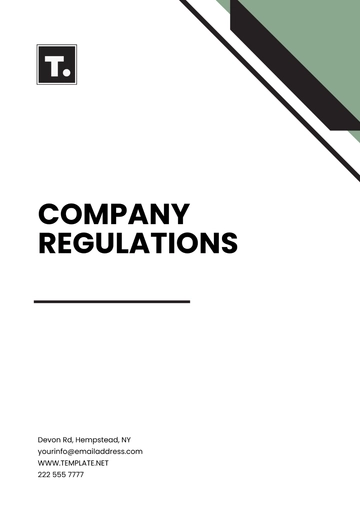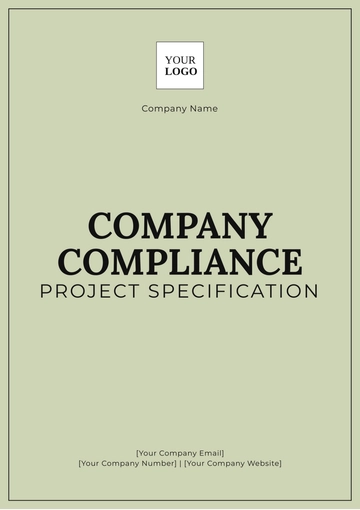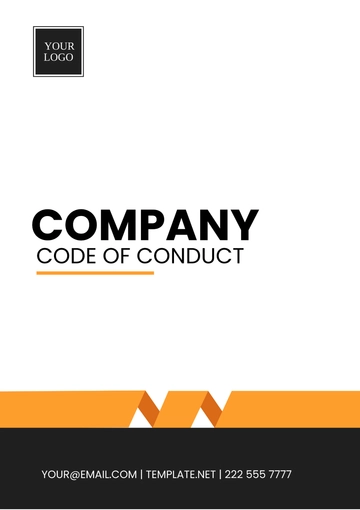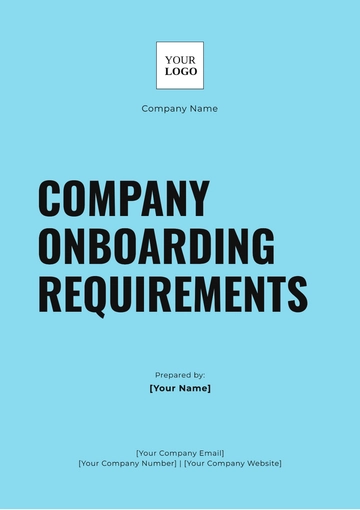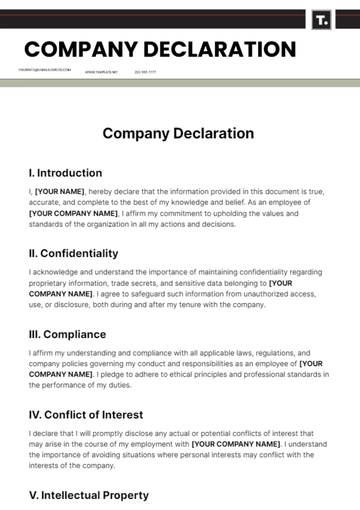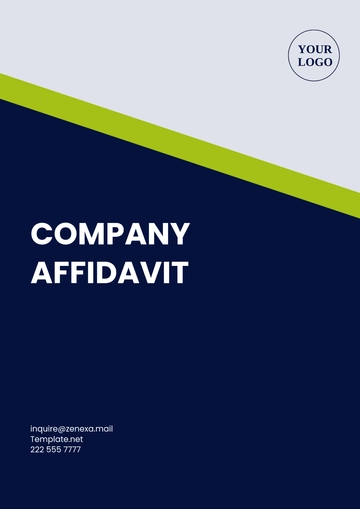Free Company Compliance Project Specification
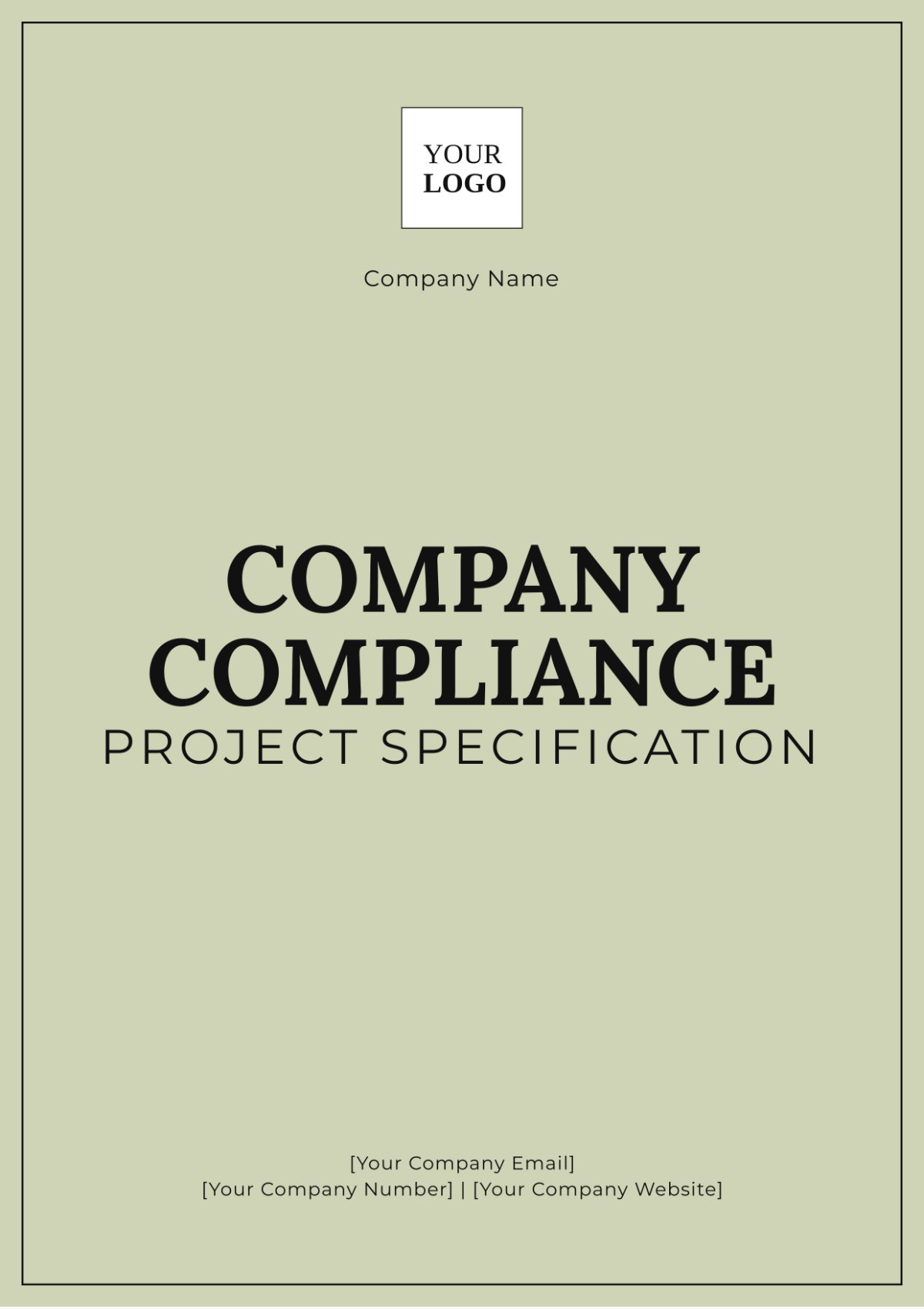
Prepared by: [Your Name]
Date: [Date]
I. Introduction
This Company Compliance Project Specification document provides a comprehensive framework for ensuring that a company’s project or initiative meets all applicable legal, regulatory, and internal standards. This guide is designed to assist project teams in understanding and implementing compliance measures throughout the project lifecycle. By adhering to these guidelines, the company reinforces its commitment to maintaining ethical standards and fulfilling legal obligations, thus fostering a culture of accountability and integrity.
II. Scope
The scope of this document covers all stages of the project lifecycle, including initiation, planning, execution, monitoring, and closure. The compliance requirements outlined herein apply to all project team members, stakeholders, and third-party contractors involved in the project. This ensures that every aspect of the project is aligned with established compliance standards, from start to finish.
III. Compliance Requirements
A. Legal Standards
To ensure adherence to legal obligations, the project must comply with the following standards:
Data Protection Regulations: Adhere to relevant data protection laws such as the General Data Protection Regulation (GDPR) and the California Consumer Privacy Act (CCPA) to safeguard personal data.
Industry-Specific Legislation: Comply with industry-specific regulations such as the Health Insurance Portability and Accountability Act (HIPAA) for healthcare projects.
Local, State, and Federal Laws: Follow all applicable local, state, and federal laws governing the project’s operations.
B. Regulatory Standards
The project must meet the following regulatory standards:
Financial Reporting Regulations: Ensure accuracy and transparency in financial reporting in accordance with regulatory requirements.
Environmental Regulations: Comply with environmental regulations to minimize the project's ecological impact.
Occupational Health and Safety Standards: Adhere to health and safety standards to ensure the well-being of all project participants.
C. Internal Standards
Compliance with the company's internal standards is required, including:
Code of Conduct: Follow the company’s Code of Conduct to maintain ethical behavior and professional integrity.
Corporate Governance Policies: Abide by corporate governance policies to ensure proper management and oversight.
Information Security Policies: Implement information security measures as per the company's policies to protect sensitive data.
IV. Procedures and Guidelines
A. Policy Documentation
Policy | Description | Responsible Department |
|---|---|---|
Data Protection Policy | Outlines procedures for handling personal data in compliance with applicable laws. | Legal Department |
Information Security Policy | Details the measures to protect sensitive company data. | IT Department |
Corporate Governance Policy | Describes the framework for corporate management and oversight. | Compliance Department |
B. Compliance Training
Training sessions are essential for maintaining compliance:
Annual Compliance Training: Required for all employees to ensure they are updated on compliance practices.
Quarterly Refreshers: Focused training for high-risk departments to address emerging issues.
Onboarding Training: Provided to all new hires to familiarize them with compliance requirements from the start.
V. Roles and Responsibilities
A. Project Manager
Ensure adherence to compliance requirements throughout the project.
Coordinate compliance training and maintain comprehensive documentation.
B. Compliance Officer
Monitor and audit compliance metrics regularly.
Report compliance issues and breaches to senior management for timely resolution.
C. IT Department
Implement and uphold security measures to protect data integrity.
Ensure adherence to data protection protocols and information security policies.
VI. Monitoring and Reporting
A. Regular Audits
Conduct quarterly audits to verify compliance with all relevant standards, focusing on:
Data protection measures
Financial reporting accuracy
Health and safety compliance
B. Compliance Metrics
Monitor the following Key Performance Indicators (KPIs):
Number of compliance training sessions conducted
Audit scores and findings
Number of reported compliance violations
C. Reporting Mechanism
All compliance issues and audit results should be reported through the following channels:
Monthly Reports: Submit to senior management detailing compliance status and any issues.
Quarterly Presentations: Provide to the board with insights on compliance performance and challenges.
Immediate Escalation: Critical issues should be reported promptly through established channels.
VII. Risk Management
A. Risk Identification
Identify potential compliance risks during the project planning phase. These may include:
Data breaches
Regulatory changes
Third-party compliance issues
B. Risk Mitigation
Develop mitigation strategies for identified risks, such as:
Implement enhanced security measures to protect data.
Update training programs and compliance protocols regularly.
Prepare contingency plans for potential regulatory changes.
C. Risk Monitoring
Continuously monitor compliance risks throughout the project lifecycle. Utilize tools such as:
Utilizing compliance audit software to track compliance status.
Employing risk assessment matrices to evaluate potential risks.
Holding regular compliance meetings to review risk management strategies.
VIII. Appendices
A. Appendix A: Glossary of Terms
Definitions of key terms used in this document:
GDPR: General Data Protection Regulation
CCPA: California Consumer Privacy Act
HIPAA: Health Insurance Portability and Accountability Act
B. Appendix B: References
List of referenced documents and laws:
GDPR Regulation (EU) 2016/679
HIPAA, Public Law 104-191
Company’s Code of Conduct Document
- 100% Customizable, free editor
- Access 1 Million+ Templates, photo’s & graphics
- Download or share as a template
- Click and replace photos, graphics, text, backgrounds
- Resize, crop, AI write & more
- Access advanced editor
Streamline your company compliance efforts with our Company Compliance Project Specification Template from Template.net. This template is fully customizable and editable in our AI Editor Tool, allowing you to tailor it precisely to your needs. Effortlessly update and modify sections to ensure your compliance documentation meets all necessary standards and requirements.

